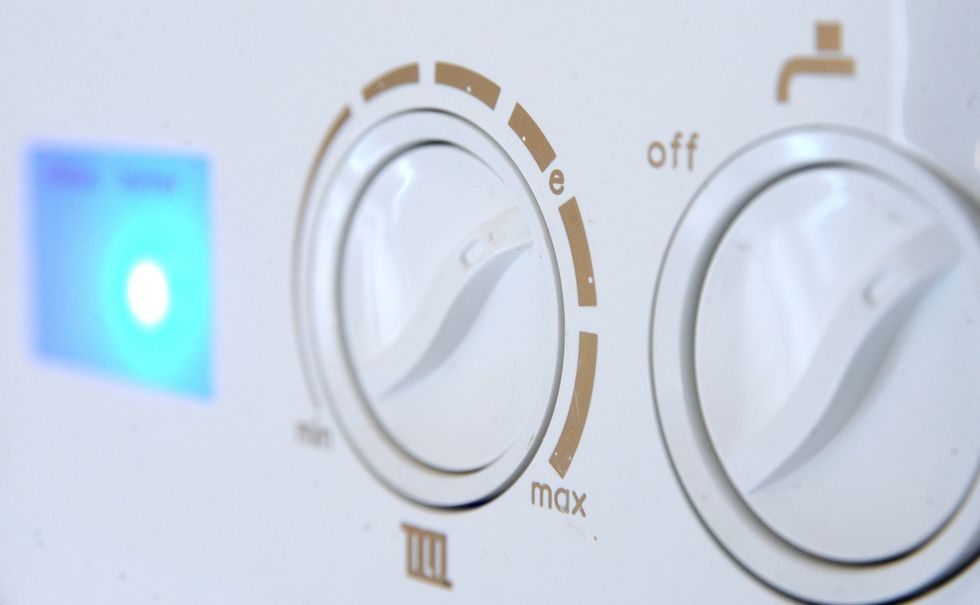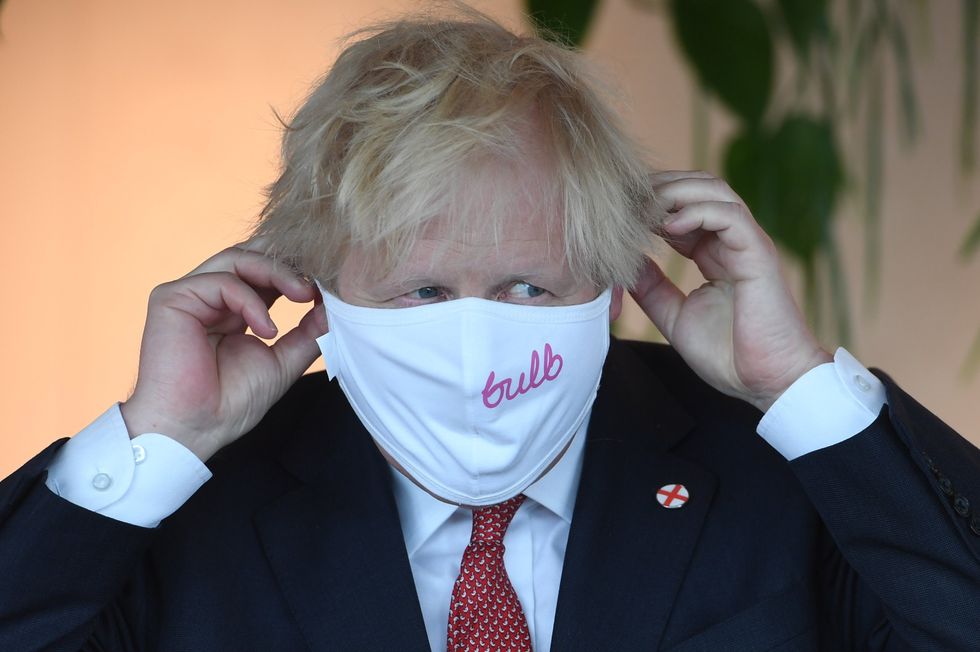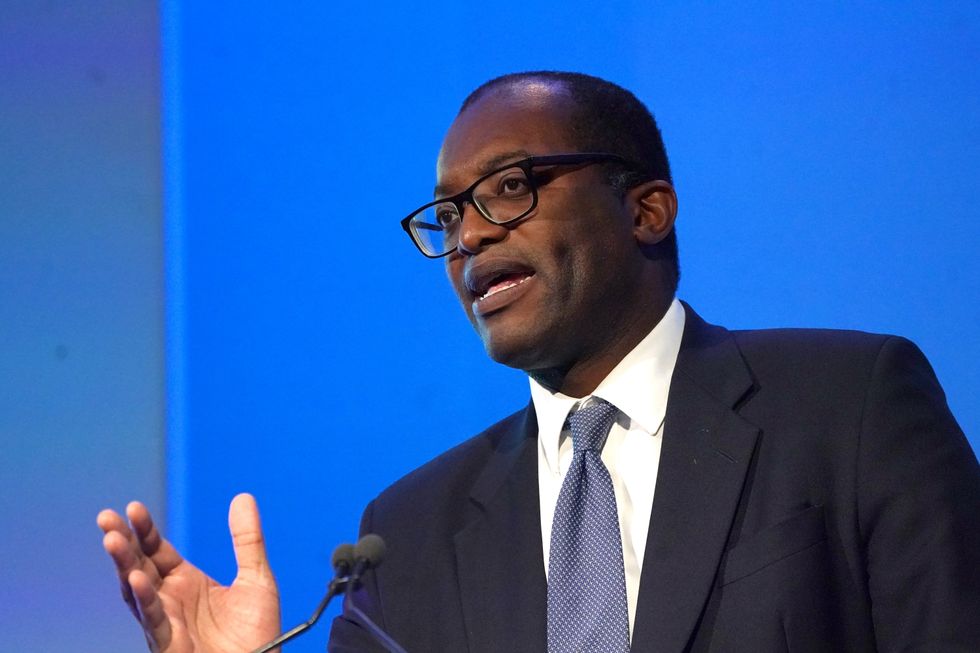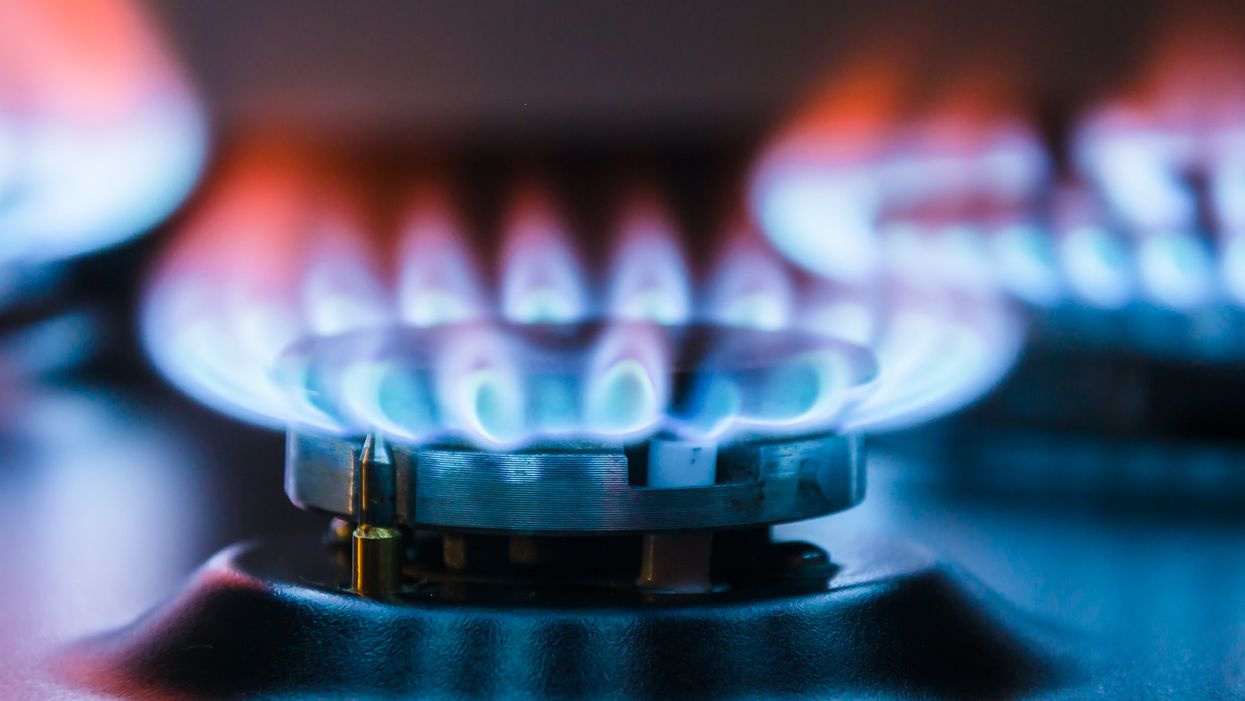In recent days, there has been widespread coverage about an energy crisis affecting the UK, due to the soaring prices of gas.
Since the start of this year, wholesale gas prices have skyrocketed by 250 per cent, with a huge 70 per cent increase since August alone, according to Oil & Gas UK trade body. Meanwhile, some companies risk going bust.
Now, the government is poised to step in to tackle the crisis as energy companies are in trouble, Business Secretary Kwasi Kwarteng has said. However, he has said he is “averse” to nationalising companies and said he doesn’t think taxpayer money should be used to help “badly run” companies.
Perhaps you’re wondering what is going on to have caused this problem, and how this affects your energy bills? Look no further, as here is a breakdown of everything your need to know about the ongoing crisis.
How much does the UK rely on gas?
Considering more than 22 million households are connected to the gas grid, according to the UK government, it’s a pretty key part of the country’s energy supply.
In 2020, 38 per cent of the UK’s gas demand was used for domestic heating, 29 per cent for electricity generation and 11 per cent for industrial and commercial use.
What has caused the prices in gas to sky-rocket?

Supply and demand
Basically, it all starts with the energy suppliers who buy wholesale gas and electricity which they then sell to us - the customer. As a result of this process, prices can fluctuate according to global supply and demand.
There has been a particularly high demand in Asia for Liquified Natural Gas (LNG), natural gas transported globally by ship, means less LNG than expected has reached Europe.
The pandemic
Thanks to the Covid pandemic, gas has only seen demand increase since lockdown restrictions have eased and economies have reopened which has caused an “uptick in global demand for gas”, the UK Government has said.
The weather
A cold winter has also not helped matters as it typically increases gas demand as it is often used to heat homes and so this has led to a much tighter gas market with less spare capacity.
A recent lack of windy weather has also contributed to the problem over the past two weeks has cut output from the UK’s 11,000 wind turbines, which account for more than 20 per cent of electricity generation, according to Bloomberg.
Bad weather in the US has also affected LNG exports to Europe.
Russia
The European Commission has been asked to investigate the role of Russia’s state-backed gas company Gazprom in soaring gas prices across the continent.
A group of 40 MEPs has said the company’s behaviour had made them suspect market manipulation to push up gas prices. Gazprom deny the claims.
Sign up to our free Indy100 weekly newsletter, The Viral Democracy
How will this affect my energy bills?
We may not see a price increase straight away due to the fact that gas is bought by energy suppliers months in advance. However regulator Ofgem has warned that default energy tariffs could rise by 12.5 per cent as a result of the wholesale price rises from the summer.
What will happen if my energy supplier goes bust?

Some companies are at risk of going bust due to the crisis affecting wholesale prices. The UK’s sixth largest energy company, Bulb, for instance, is seeking a bailout to stay afloat amid surging wholesale gas prices. Meanwhile, at least four smaller firms are expected to go out of business by next week, the BBC reports.
If your energy supplier does go bust, then energy regulator Ofgem is responsible for ensuring the households affected are supplied.
“In the event an energy supplier fails, we are committed that consumers face the least amount of disruption possible – and there are clear and well-established processes in place to ensuring this is the case,” the UK Government said in a statement.
What have the UK Government and politicians said about the crisis?

On September 20th, the UK government met with leading energy suppliers and later released a statement regarding the issue:
“The recent increase in wholesale global gas prices continues to be a cause of concern for consumers, businesses and energy suppliers across the UK.
“We want to be clear that this is not an issue of supply – the United Kingdom benefits from having a diverse range of gas supply sources with capacity that can more than meet demand.
“This morning [20th September] we hosted a roundtable with leading energy suppliers and consumer groups to hear about the challenges they currently face. There was overarching consensus among meeting participants that the top priority must be ongoing support for energy customers, especially the elderly and vulnerable.
“In the coming days, we will also meet with smaller and challenger energy suppliers and set out the next steps for protecting consumers, businesses and energy suppliers from these global prices rises. Central to any next steps is our clear and agreed position that the Energy Price Cap will remain in place.”
Business secretary Kwasi Kwarteng told BBC Breakfast earlier today he is not considering nationalising companies. He said: “Any support for those larger companies will be in terms of working capital, will be a loan, it won’t be just a grant, it won’t be just a blank cheque.
“It will be something where - if we do have this facility, if we do have this policy - they will be expected to pay back the loans, whereas in the case of a bailout, that’s what it is. It’s just a bailout where you grant money, taxpayers’ money, and the taxpayer doesn’t see any return from that.”
Meanwhile, Damian Green, a former cabinet minister who was deputy to Theresa May, warned of the prospect of “very, very difficult times ahead for hundreds of thousands of people in this country”.
Labour said many households would be crippled by the “triple whammy” of energy price rises, the NI rise and universal credit cuts.














